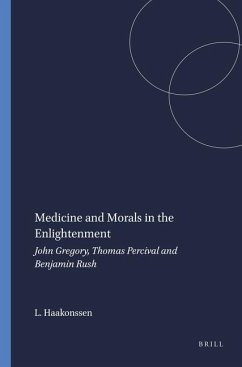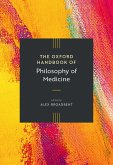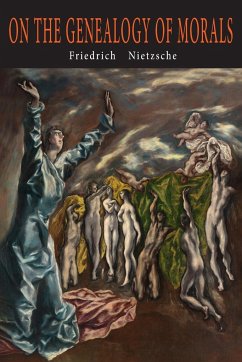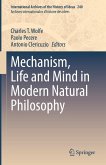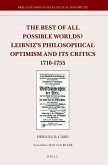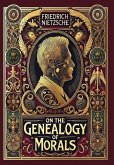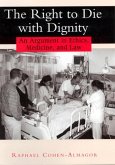Modern medical ethics in the English-speaking world is commonly thought to derive from the medical philosophy of the Scotsman John Gregory (1725-1773) and his younger associates, the English Dissenter Thomas Percival (1740-1804) and the American Benjamin Rush (1745-1813). This book is the first extensive study of this suggestion. Dr Haakonssen shows how the three thinkers combined Francis Bacon's and the Scottish Enlightenment's ideas of the science of morals and the morals of science. She demonstrates how their medical ethics was a successful adaptation of traditional moral ideas to the dramatically changing medical world especially the voluntary hospital. In accounting for the dynamics of this process, she rejects the anachronism that modern medical ethics was a new paradigm.
Bitte wählen Sie Ihr Anliegen aus.
Rechnungen
Retourenschein anfordern
Bestellstatus
Storno

